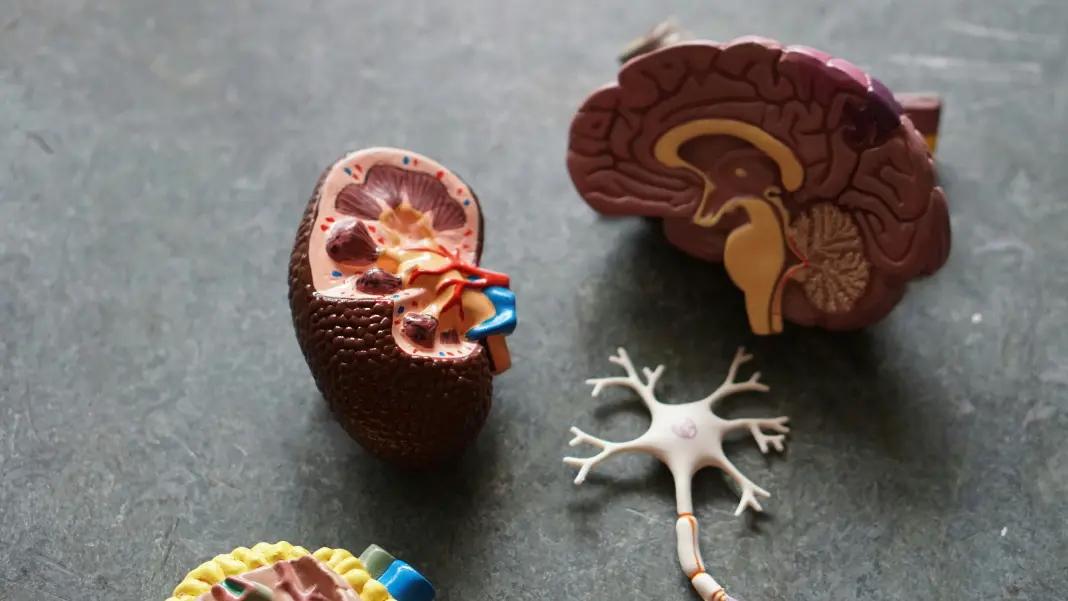DEMENTIA has become the leading cause of death for Australians, according to the latest update of the Australian Institute of Health and Welfare’s (AIHW) Dementia in Australia report.
The findings, published for Dementia Action Week, underline the growing health and social impact of the disease and warn that without urgent action, more than one million Australians will be living with dementia by 2065.
Dementia Australia CEO Professor Tanya Buchanan said the figures were confronting, and a reminder of just how widespread the condition has become.
“These figures highlight just how many families are impacted by dementia across Australia. Most of us know someone who is or has been impacted by dementia,” Professor Buchanan said.
She noted that many people with dementia face increasing social isolation after diagnosis, as friends and family often feel uncertain about how to interact.
“That’s why the theme for this year’s Dementia Action Week is ‘Nobody can do it alone’. We are challenging Australians to reconnect with someone impacted by dementia to help combat the high levels of social isolation many experience.”
Dementia Advocate Lil Mirtl, who lives with dementia, said the report highlighted the urgency of acting now to ensure proper support and services are in place.
“We don’t have time to feel uncomfortable or awkward about these conversations about dementia – we need to have them now,” Ms Mirtl said.
“We have to pull together as a community to do this. We can’t do it alone as individuals, the government can’t do it alone, we need to all act together.”
The updated report also pointed to prevention opportunities, showing that 43 per cent of Australia’s dementia burden can be linked to six modifiable risk factors: being overweight or obese, physical inactivity, high blood sugar, high blood pressure in midlife, smoking and impaired kidney function.
Professor Buchanan said the figures strengthened the case for a national conversation on dementia.
“With dementia now the leading cause of death for Australians it is more pressing than ever that the federal government commit to funding a national conversation on dementia to raise awareness and promote brain health at all ages,” she said.
“By taking a comprehensive approach to addressing dementia, we can reduce the impact into the future. With aged care already under pressure and dementia cases projected to exceed one million by 2065, we simply cannot afford to wait.”
If this story has prompted any questions or concerns, please call the National Dementia Helpline on 1800 100 500 or visit dementia.org.au


